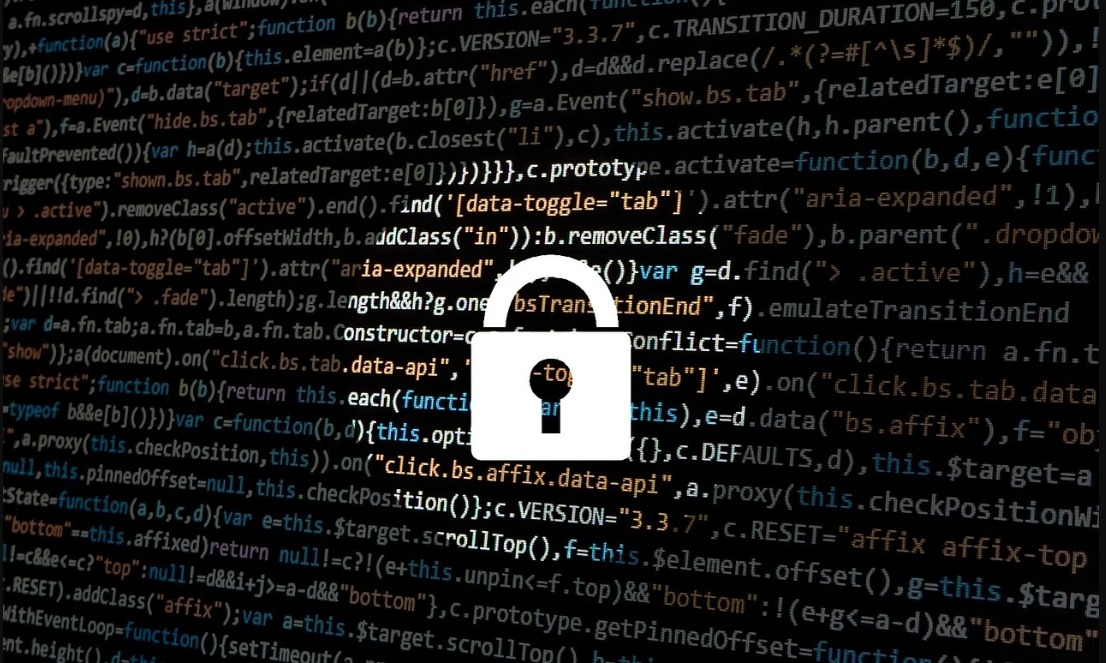A cyber attack is a malicious attempt to access, damage or steal confidential information or compromise the functionality of computer systems. The primary goal is to gain unauthorized access to, cause harm to, or extort individuals, organizations, or computer systems.
Cyberattacks can take a variety of forms, from phishing, where attackers impersonate legitimate entities to obtain sensitive information, to malware that infects systems through deceptive downloads or links. There are also brute force attacks that attempt to guess passwords, and software vulnerabilities that hackers exploit to gain access to systems. Additionally, ransomware, which blocks access to crucial data until a ransom is paid, and denial of service (DDoS) attacks that flood servers with traffic, are common threats. It is essential to be aware of these modalities and have robust security measures in place to protect information and systems against these vulnerabilities.
What is computer security?
Computer security is the set of practices, tools and measures designed to protect the integrity, confidentiality and availability of information in computer systems. It focuses on preventing, detecting and responding to threats, attacks or vulnerabilities that may compromise the data or technological infrastructure of an organization or user. It includes aspects such as access control, data encryption, the implementation of firewalls and constant training to guarantee a solid defense against possible risks and cyber attacks.


Pillars of computer security
Non-repudiation: Guarantee that the actions carried out by users are recorded and that they cannot deny having carried out those actions.
Integrity: Ensure that information is not altered in an unauthorized or accidental manner. Integrity is maintained through change controls and digital signatures.
Authentication: Verify the identity of users and systems to ensure that only authorized people access information.
Resilience: Ability to resist, adapt and recover from attacks or security breaches, while maintaining essential functionality
Availability: Ensure that systems and information are available and accessible when needed. This is achieved through redundancy measures, backups and prevention of denial of service attacks.
Confidentiality: Ensure that information is accessible only to those authorized to see it. It is achieved through encryption and access control.

Key Strategies to Protect your Company in the Cyber World
Data protection in the business world is an urgent need that many companies have yet to address. Every day, more than 40,000 cyber attacks affect companies and organizations of different sizes. Despite this, guaranteeing digital security involves having the help of professionals specialized in cybersecurity. Pay attention to the steps to implement computer security
Update and Patches: Keep all systems and software updated with the latest security patches to mitigate known vulnerabilities.
Regular Backups: Make frequent backups of critical data and store them in secure locations. This is essential in case of ransomware attacks or other incidents.
Education and Awareness: Train your employees on safe online practices, from creating strong passwords to identifying fraudulent emails.


Regular Security Audits: Conduct periodic assessments of the security infrastructure to identify potential weaknesses and take corrective measures.
Access Hierarchy: Limit access privileges to reduce the risk of unauthorized access. Assign permissions based on each employee’s responsibilities.
Reliable Firewalls and Antivirus: Install and regularly update protection software such as firewalls and antivirus to protect against external and internal threats.
Clear Security Policies: Establish clear security policies and regularly communicate best practices to all employees.
Incident Management: Develop a detailed incident response plan to act quickly in the event of security breaches.

Importance of computer security
According to Cybercrime Magazine “it is estimated that in the coming years there will be a 15% increase in the costs of cybercrime.”
For this reason, today, computer security becomes more relevant, since organizations depend on and have data and information that must be protected, especially if it is taken into account that there is no 100% secure computer system.
In that sense, it is essential to implement mechanisms that guarantee the security of the system and of course be aware of the different vulnerabilities that may affect it.
Addressing security involves safeguarding data against unauthorized intrusions, thus preventing loss or improper access. However, it is also about safeguarding the company’s reputation, avoiding the disclosure of sensitive information and complying with privacy and data protection regulations.
Computer security is not a choice, but an unavoidable commitment that prevents cyber attacks, high-impact risks in today’s business world. These attacks can cause serious damage to the structure of organizations and compromise the security of both employees and customers and business partners. It is imperative to equip companies with the necessary tools to address these threats.
Prioritizing cybersecurity becomes essential for companies of all sizes. The protection of information, both internal and customer information, must be an undisputed priority. With the constant increase in cyber threats, from small and medium-sized businesses to large corporations, it is crucial to fortify defenses against cybercriminals seeking to exploit potential vulnerabilities to access sensitive information.




